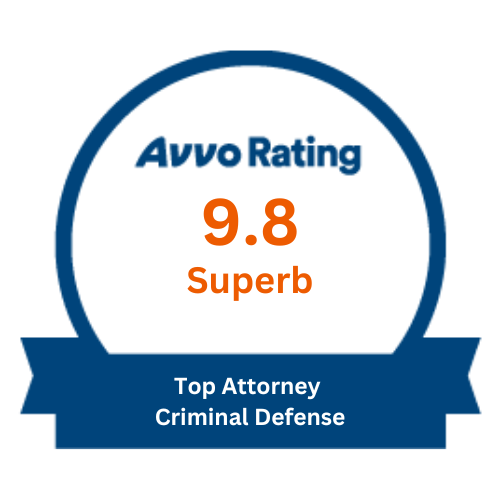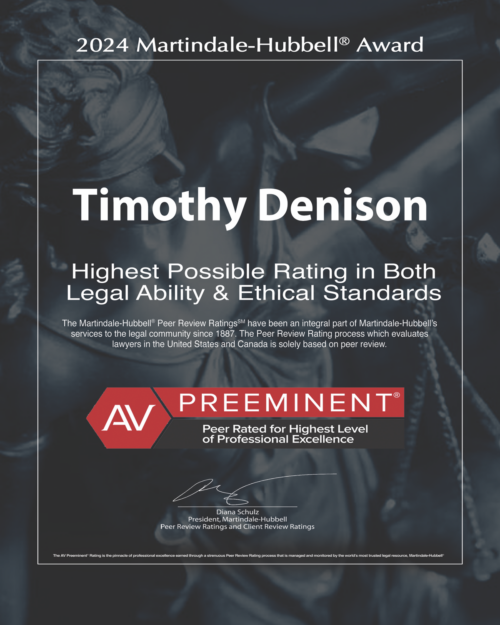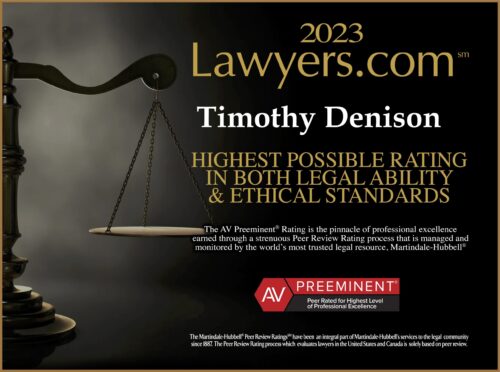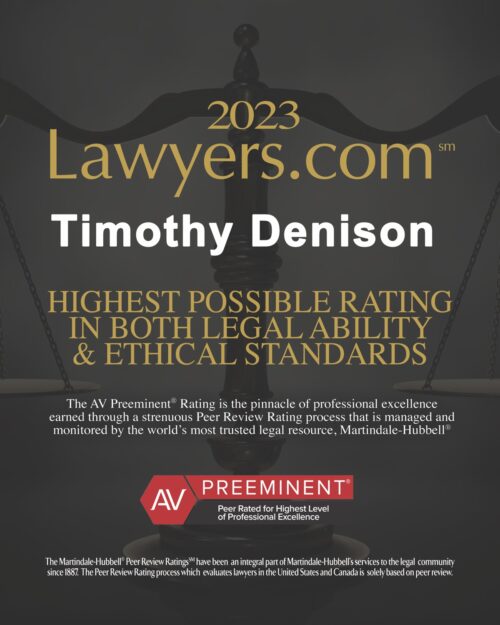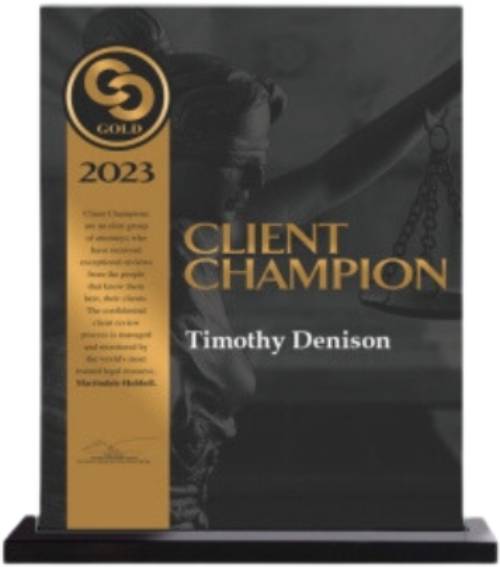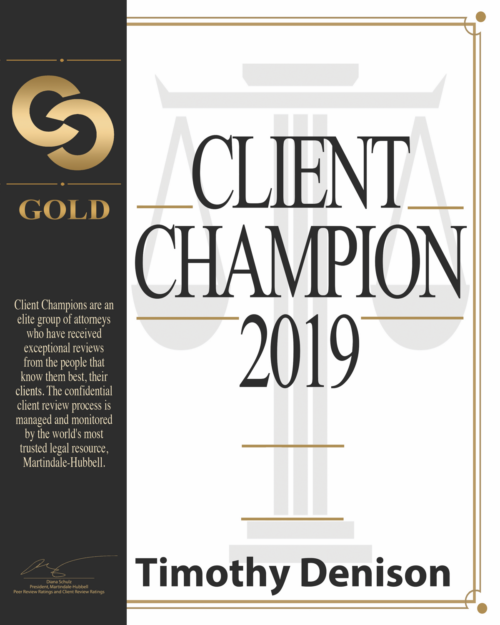Kentucky Concealed Carry Issues
Episode 10: Louisville criminal defense attorney Tim Denison discusses carrying concealed deadly weapons. While the 2nd Amendment and even the Kentucky’s state constitution permits an individual to bear arms, there are limitations. If you’re not aware of them, you could be in violation of the law. Tim will cover a variety of topics related to Kentucky concealed carry issues in this episode.
Tim explains that open carry is generally permitted in Kentucky. An example would be having a pistol in a holster around your waist. Carrying a concealed deadly weapon is a different scenario. A license had been required to carry concealed, until that law was repealed in 2019. Still, taking the class required to qualify for a concealed carry license is a good idea. The class includes information on gun safety and cleaning, as well as the legal aspects of carrying a weapon.

Your Right to Carry is not Unlimited
While your right to bear arms is plainly stated in Section 1 of the Kentucky State Constitution, the legislature has the right place limits on your rights. As a Louisville criminal defense attorney, Tim explains, convicted felons are commonly prohibited from possessing firearms. This would also apply to someone who is participating in a pretrial diversion program.
Can I Take My Gun into a Bar?
Even if you have a concealed carry permit, you’re still not allowed to sit at a bar with your gun. That’s a violation of the law. If asked, you should either leave the premises or safely stow your gun before returning to the bar.
What Happens if I’m Arrested while Carrying a Firearm?
For your own safety, if you are approached by a law enforcement officer and asked for your driver’s license, you should also present your concealed carry license. By letting the officer know you have a license and gun is present, you have the opportunity to avoid escalating the situation.
Once you’ve present your concealed carry license, Tim recommends asking the officer, “How would you like to handle this?” You want to demonstrate compliance and a willingness to let the officer maintain control of the situation. It’s important to attempt de-escalate the situation.
It’s not the time to try to assert your rights. The time to do that is in court, if it gets there. Compliance is a key issue when attempting to avoid a tragic situation. Kentucky concealed carry law provides citizens with specific rights, but it’s important that you don’t enflame the situation by arguing about them at the time of the stop. Again, de-escalation is a more prudent approach to the situation.
Do I Have to Obey No Guns Allowed Signs?
You’ll often see these types of signs at courthouses and government office buildings. These signs may also be present at stores or other venues. They have the right to post these signs. Many government buildings have metal detectors designed to prevent someone from entering with a firearm or other type of weapon. Depending upon the situation, if you’re found to be carrying, they can ask you to leave, as long as you’re in possession of a weapon. Again, compliance is your best option.
If I’m Arrested, Will I Get My Gun Back?
It depends. Generally speaking, if you’re pulled over are involved with law enforcement, if you’re not involved in committing a crime, you’ll often get your gun back when they let you go. However, as Tim explains, in Jefferson County, they don’t like to give guns back regardless of whether you’ve done something or not.
If you’re actually guilt of committing a crime, part of the negotiations for your release often would involve the surrender of your weapon. While the gun is your property, you still might want to cut your losses.
Need to Contact an Experienced Defense Attorney?
Tim’s office phone number is (502) 589-6916. You can learn more via TimDenisonLaw.com. Tim’s principal office is located at: 235 South 5th St., Third Floor, Louisville, KY 40202.
The information from this podcast is for informational purposes only and does not establish an attorney-client relationship. Co-host Jim Ray is a non-attorney spokesperson. This is an attorney advertisement.


